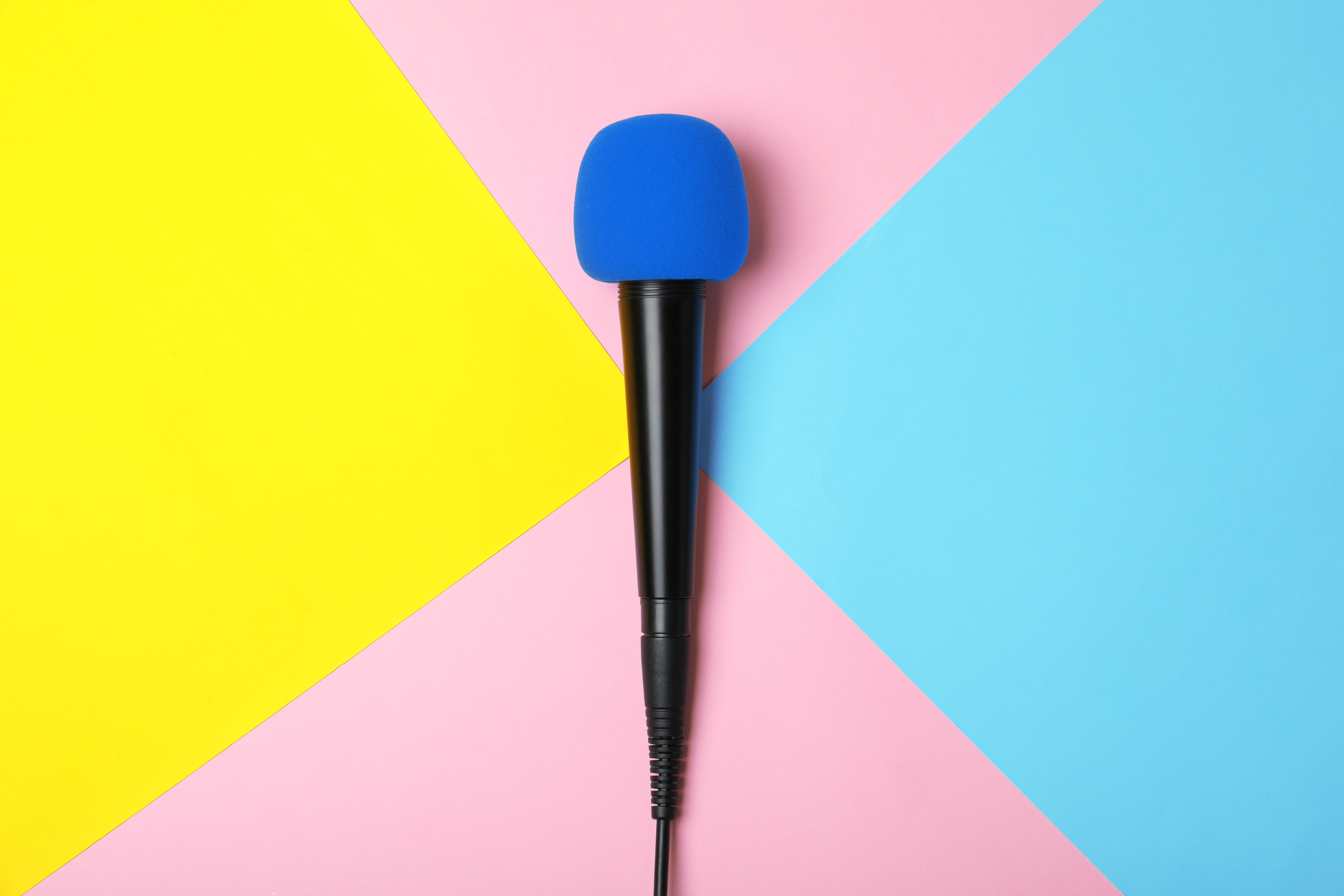Even if most of your daily tasks are solitary ventures, there’s a decent chance that at some point, you will need to give a presentation at work. For some people, public speaking is no big deal and just a matter of communicating ideas to a group. For others, the thought of presenting in front of a group can be a source of significant anxiety.
Fortunately, there are science-backed ways to prepare for a presentation and totally nail it, leaving co-workers wondering about your secret to calm confidence. Here are three simple strategies to use next time you have to speak up in public:
Breathe in through your nose
When we’re nervous about something, we tend to hold our breath. Of course, this is actually the opposite of what our body needs in high-anxiety situations like giving presentations.
In fact, breathing in through our nose has been shown to help us process information, according to research dating back to the 1940s and most recently, one conducted at the Weizmann Institute of Science’s Department of Neurobiology. In this study, scientists looked at people’s breathing patterns — inhaling vs. exhaling — as they were given problems to solve. Those who inhaled were significantly more successful at completing the test problems. The same could be true for those about to give a presentation, especially when it comes to information processing and recall.
So how does this work? “In other mammals, the sense of smell, inhalation, and information processing go together,” Noam Sobel, Ph.D., of the Weizmann Institute of Science’s Department of Neurobiology said in a statement. “Our hypothesis stated that it is not just the olfactory system, but the entire brain that gets ready for processing new information upon inhalation. We think of this as the ‘sniffing brain.’”
Get a good night’s sleep
So much about successfully presenting comes down to being able to recall information, and the best way to set yourself up to do that is by getting enough good quality sleep. In fact, sleep doesn’t just help with information recollection, but it also supports memory formation, according to a 2005 study in the journal Learning & Memory.
Similarly, research conducted by the National Institutes of Health found that not only do memories become more stable during deeper sleep, but rapid eye movement (REM) sleep may help to link related memories and ideas. The same NIH research found that getting a full night’s sleep was associated with more successful problem-solving — something that comes in very handy during a presentation, especially if you’ll be asked questions during it.
Visualize it going well
Before a big presentation, it makes sense to brush up on the topic and get in a practice run. But don’t overlook mental practice in the form of positive visualization. For starters, our brains don’t differentiate between a real memory and one that we have visualized, a 2012 study published in the journal Neuron found. This means that when we picture something like a presentation going well, our mind records that as a legitimate memory, which can help build confidence ahead of the actual event.
Follow us here and subscribe here for all the latest news on how you can keep Thriving.
Stay up to date or catch-up on all our podcasts with Arianna Huffington here.


